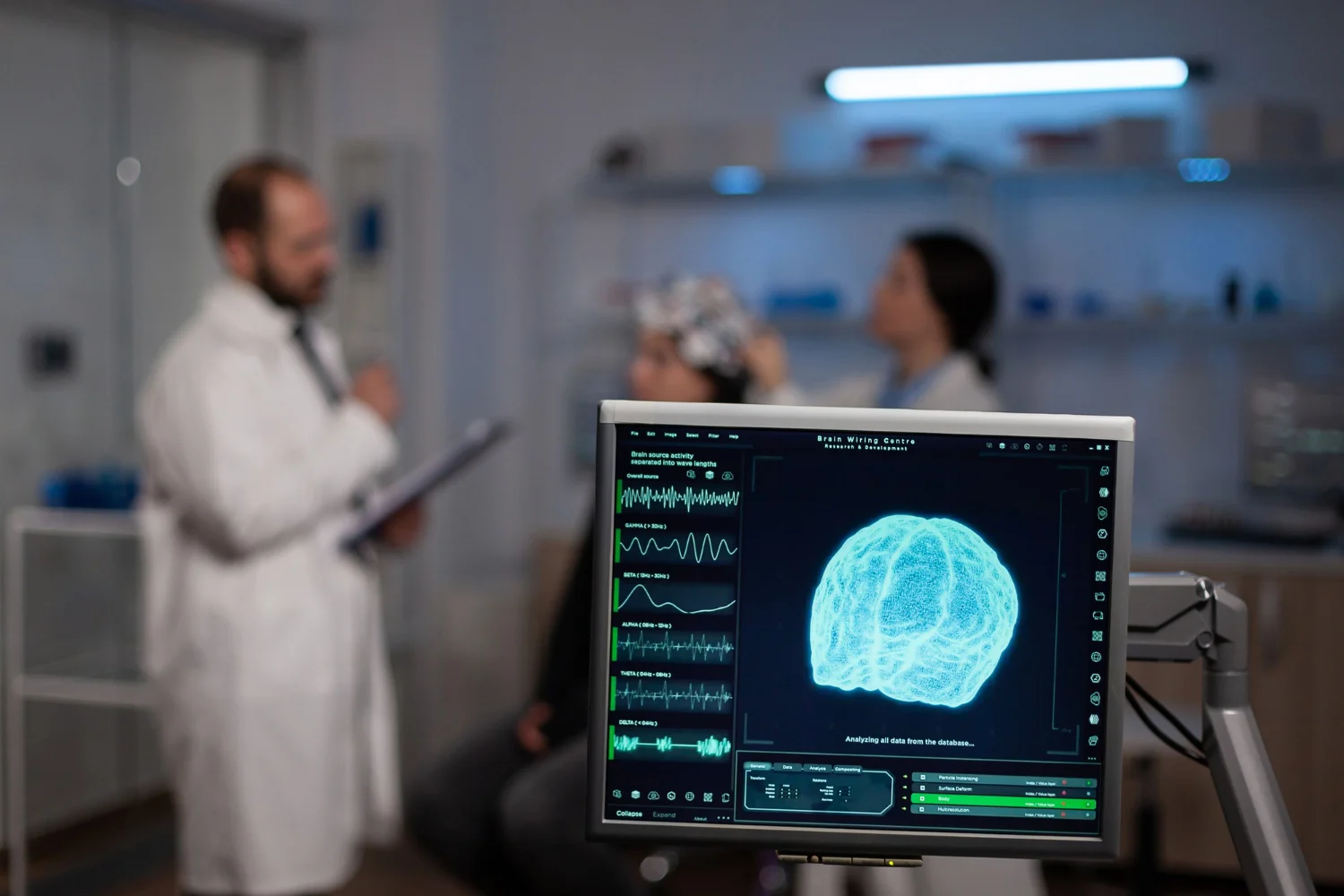What Causes Liver Cancer?
Category: General medicine
Liver cancer, a serious and potentially life-threatening condition, occurs when abnormal cells grow uncontrollably in the liver. It is among the leading causes of cancer-related deaths worldwide. Understanding what causes liver cancer is critical for early detection and effective treatment.
At Lokmanya Hospitals, one of the best hospitals for cancer care and comprehensive treatment in the region, we prioritize early diagnosis and personalized therapy to improve patient outcomes. Our expert team uses cutting-edge technology and multidisciplinary approaches to manage liver cancer efficiently, ensuring each patient receives care tailored to their specific condition.
What Is Liver Cancer?
Liver cancer primarily originates in the liver cells and is medically referred to as hepatocellular carcinoma (HCC). Other less common liver cancers include cholangiocarcinoma (bile duct cancer) and angiosarcoma (cancer of the blood vessels in the liver). The liver plays a vital role in detoxifying the blood, producing bile, and storing energy, making liver cancer especially impactful on overall health.
What Causes Liver Cancer?
Liver cancer usually develops due to long-term damage or inflammation of liver tissue. Here are the main causes and risk factors:
1. Chronic Hepatitis B and C Infections
Chronic infection with hepatitis B virus (HBV) or hepatitis C virus (HCV) is the leading cause of liver cancer globally. These viruses cause inflammation and scarring (cirrhosis) of the liver, which over time can lead to cancer.
2. Cirrhosis
Cirrhosis is severe scarring of the liver caused by chronic liver damage from any cause — including alcohol abuse, fatty liver disease, or viral hepatitis. Cirrhosis significantly raises the risk of developing liver cancer.
3. Alcohol Abuse
Excessive and prolonged alcohol consumption leads to liver damage and cirrhosis, increasing the likelihood of liver cancer.
4. Non-Alcoholic Fatty Liver Disease (NAFLD)
NAFLD, often linked with obesity and diabetes, causes fat buildup in the liver. This condition can progress to non-alcoholic steatohepatitis (NASH) and eventually cirrhosis and liver cancer.
5. Aflatoxin Exposure
Aflatoxins are toxins produced by certain fungi found on improperly stored grains and nuts. Long-term exposure to aflatoxins increases liver cancer risk, especially when combined with hepatitis infection.
6. Inherited Metabolic Diseases
Certain genetic disorders, such as hemochromatosis (excess iron storage) and Wilson’s disease (copper buildup), can increase liver cancer risk by damaging liver cells.
7. Diabetes and Obesity
Both diabetes and obesity are associated with fatty liver disease and cirrhosis, thereby indirectly increasing liver cancer risk.
Why Is Understanding Liver Cancer Causes Important?
Understanding the causes of liver cancer helps identify individuals at risk and encourages preventive measures. For example, early vaccination against hepatitis B, regular screening in high-risk individuals, and lifestyle changes can significantly reduce the chances of developing liver cancer.
Common Symptoms of Liver Cancer
Early liver cancer often shows no symptoms, making regular screenings important for those at risk. As the disease progresses, symptoms may include:
- Unexplained weight loss
- Loss of appetite
- Upper abdominal pain or swelling
- Jaundice (yellowing of skin and eyes)
- Fatigue and weakness
- Nausea or vomiting
- Swelling in the legs and abdomen
If you experience any of these symptoms persistently, immediate consultation with a healthcare professional is necessary.
How Is Liver Cancer Diagnosed?
At Lokmanya Hospitals, we offer comprehensive liver cancer diagnostics to ensure accurate staging and treatment planning:
- Blood tests: Including alpha-fetoprotein (AFP) levels, a marker often elevated in liver cancer.
- Imaging tests: Ultrasound, CT scan, and MRI to detect tumors and evaluate liver health.
- Biopsy: A tissue sample may be taken to confirm diagnosis and tumor type.
Early and precise diagnosis helps improve treatment success rates.
How Can Liver Cancer Be Prevented?
While not all cases of liver cancer can be prevented, many risk factors are controllable:
- Get vaccinated for hepatitis B
- Practice safe hygiene to avoid hepatitis C
- Limit alcohol intake
- Maintain a healthy weight and diet
- Avoid exposure to aflatoxins by storing food properly
- Regular screenings if you have liver disease or risk factors
Why Choose Lokmanya Hospitals for Liver Cancer Care?
Lokmanya Hospitals stands out as a leader in cancer care, recognized as one of the best hospitals for liver cancer diagnosis and treatment. Our multidisciplinary oncology team collaborates closely to design customized treatment plans combining surgery, chemotherapy, radiotherapy, and targeted therapies. We ensure you receive cutting-edge, evidence-based care in a compassionate environment.
Our hospital is equipped with the latest technology and provides holistic support services, including counseling and nutritional guidance, making Lokmanya the trusted choice for liver cancer patients seeking expert care and improved quality of life.
Conclusion
Liver cancer is a complex disease with multiple causes, often linked to chronic liver damage and infections. Recognizing risk factors and symptoms early is vital for effective treatment. At Lokmanya Hospitals, we combine advanced diagnostics, expert medical teams, and personalized care to help patients fight liver cancer successfully.
If you or your loved ones have risk factors or symptoms of liver cancer, do not hesitate to consult the specialists at Lokmanya Hospitals, the best hospital dedicated to your health and well-being.
Frequently Asked Questions (FAQs)
1. What causes liver cancer?
Main causes include chronic hepatitis B or C infection, cirrhosis, alcohol abuse, fatty liver disease, and exposure to aflatoxins.
2. Who is at risk of liver cancer?
People with chronic liver diseases, hepatitis infections, heavy alcohol use, obesity, or genetic liver disorders are at increased risk.
3. Can liver cancer be prevented?
Yes, through hepatitis vaccination, avoiding alcohol abuse, maintaining a healthy lifestyle, and regular screening for high-risk individuals.
4. When should I see a doctor for liver cancer symptoms?
If you experience unexplained weight loss, abdominal pain, jaundice, or persistent fatigue, seek medical advice immediately.
5. How is liver cancer treated?
Treatment depends on stage and may include surgery, chemotherapy, radiotherapy, targeted therapy, or liver transplant.
Previous blog

What Is Brain Tumor?
Next blog






